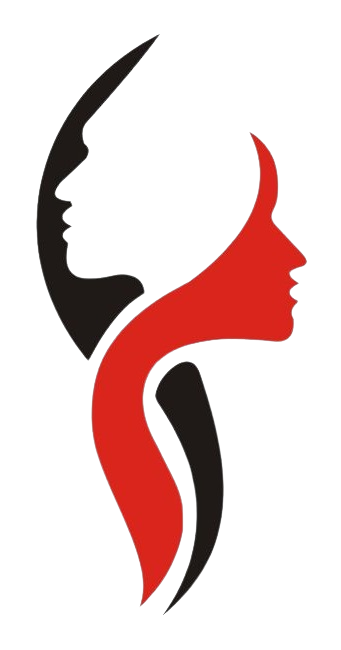Botox / Fillers
1) Glabellar Lines (Frown Lines)
Botox is frequently used to smooth the vertical lines between the eyebrows, also known as the "11 lines" or glabellar lines.
Horizontal lines on the forehead caused by repetitive muscle movement can be treated with Botox to reduce their appearance.
3) Crow's Feet
Botox can be used to soften the fine lines and wrinkles that radiate from the corners of the eyes, commonly known as crow's feet.
4) Bunny Lines
5) Drooping Brow (Brow Lift)
6) Gummy Smile
Botox can be used to relax the muscles that cause excessive gum exposure when smiling, creating a more balanced smile.
7) Chin Dimpling
Botox injections can reduce the appearance of dimples or "peach pit" texture on the chin by relaxing the underlying muscles.
8) Neck Bands (Platysmal Bands)
Botox can be used to soften the vertical bands that can form on the neck as a result of aging or muscle activity.
9) JawlineContouring (Masseter Reduction)
Botox injections into the masseter muscles can slim the jawline by reducing muscle bulk, commonly done for facial slimming.
10) Excessive Sweating (Hyperhidrosis)
Botox can be injected into areas with excessive sweating, such as the underarms, palms, or soles of the feet, to temporarily block sweat glands.
11) Migraine Treatment
Botox has been approved for the treatment of chronic migraines. Injections are administered at specific points on the head and neck to reduce headache frequency and severity.
12) TMJ (Temporomandibular Joint) Disorders
Botox injections can be used to alleviate jaw tension and pain associated with TMJ disorders by relaxing the jaw muscles.
1) Nasolabial Folds (Smile Lines)
Dermal fillers can be used to soften the lines that run from the sides of the nose to the corners of the mouth, known as nasolabial folds or smile lines.
Fillers can be injected to reduce the appearance of lines that extend from the corners of the mouth downward, called marionette lines.
3) Cheek Augmentation
Dermal fillers are often used to add volume to the cheeks, providing a lifted and more youthful appearance.
4) Under-Eye Hollows/Tear Troughs
Fillers can be used to fill in hollow areas under the eyes, reducing the appearance of dark circles and bags.
5) Lip Enhancement
Dermal fillers can add volume, define the lip borders, and enhance the overall shape of the lips.
5) Jawline Contouring
Fillers can be strategically placed along the jawline to improve definition and create a more sculpted appearance.
7) Chin Augmentation
8) Temples
Dermal fillers can be used to restore volume in the temples, addressing hollowing in this area.
9) Non-Surgical Rhinoplasty
Fillers can be used to reshape and contour the nose without surgery, providing temporary improvements.
10) Hand Rejuvenation
Fillers can be injected into the back of the hands to add volume and reduce the visibility of veins and tendons.
11) Earlobe Rejuvenation
Fillers can be used to plump up sagging or wrinkled earlobes, often a concern with aging.
12) Scarring
Certain types of fillers can be used to improve the appearance of scars, particularly atrophic or depressed scars.
13) Collagen Stimulators
Some fillers, such as Sculptra, stimulate collagen production over time, providing a gradual and natural-looking improvement.


- ISLAMABAD, LAHORE, FAISALABAD, KARACHI
- 0308-8882529 FREE ONLINE CONSULTATION 24 HOURS